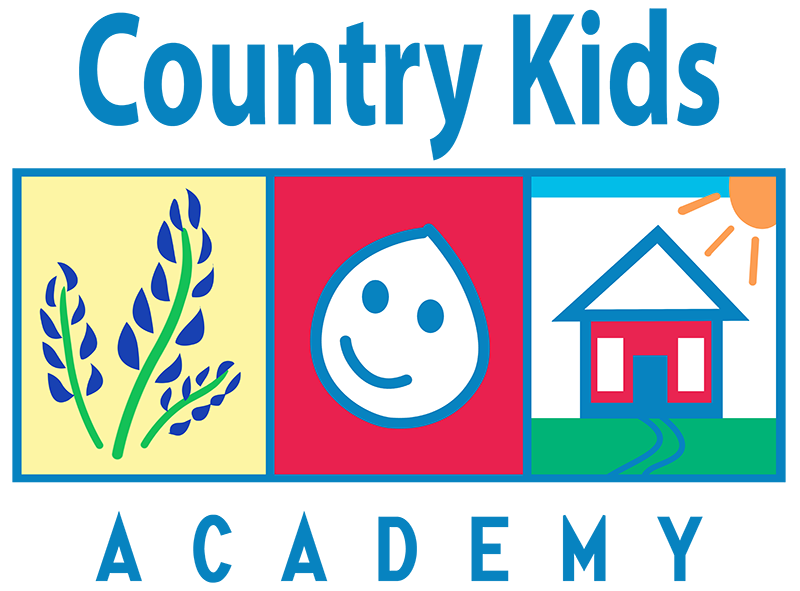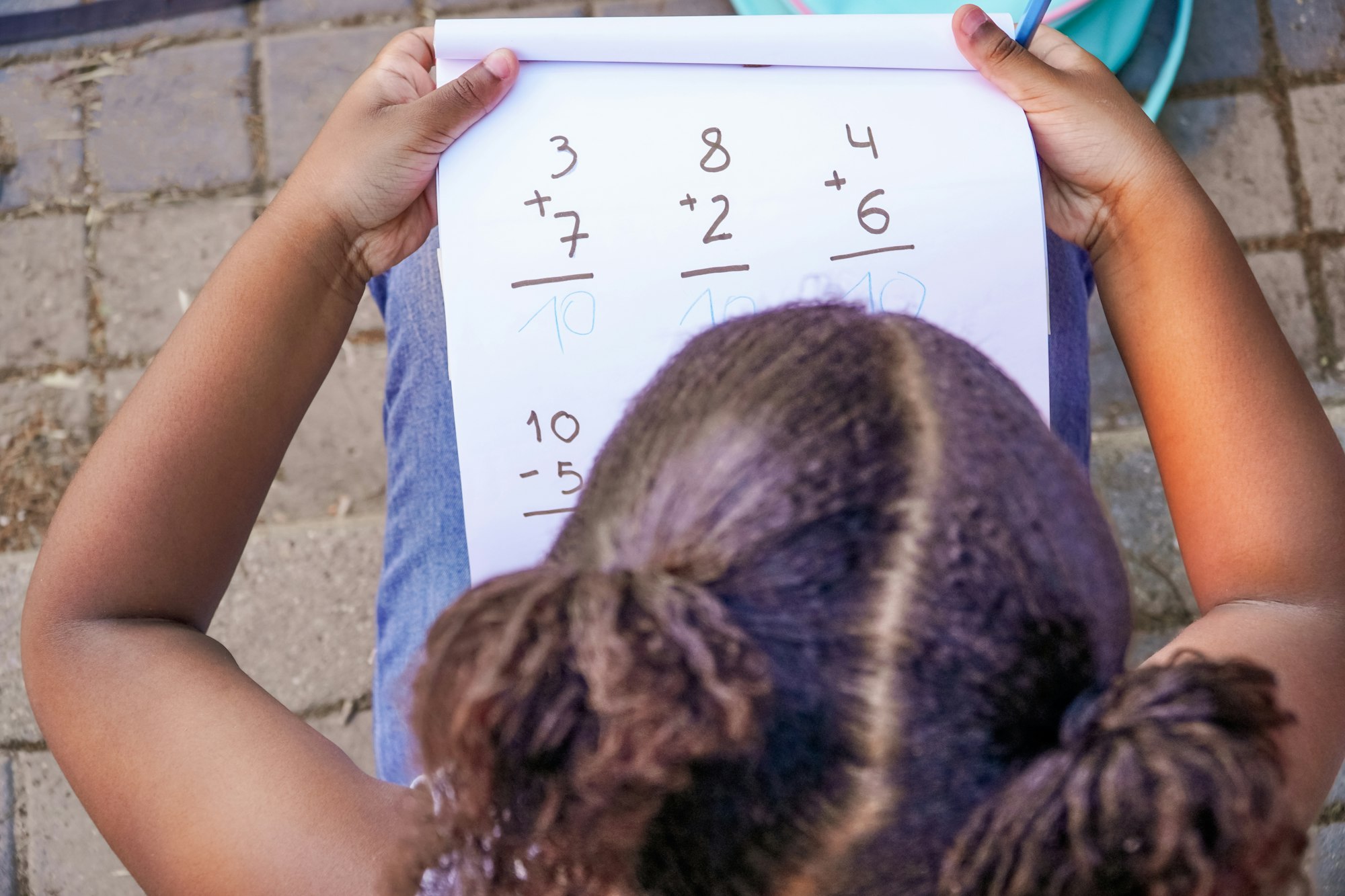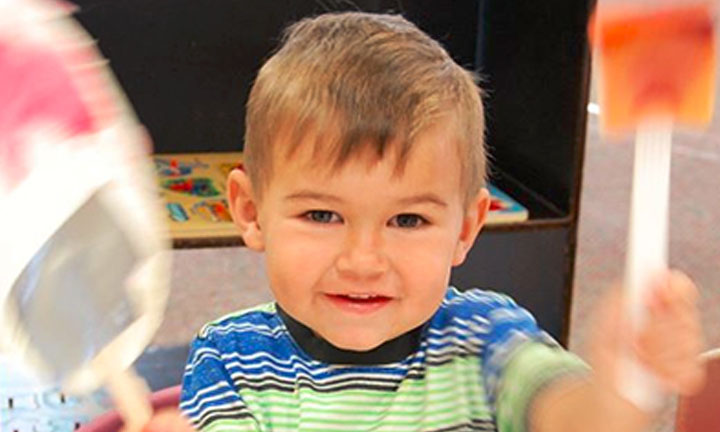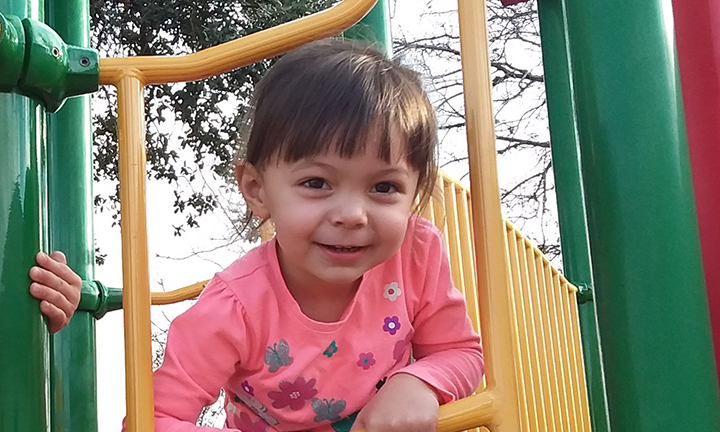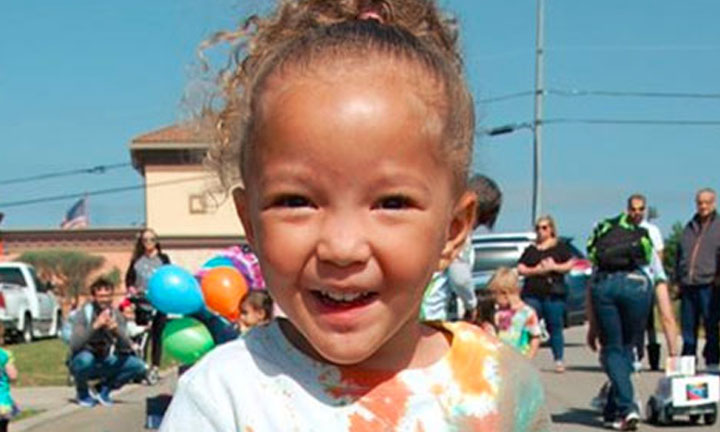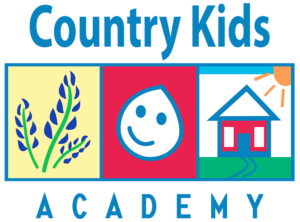Your toddler or preschooler is ready to start daycare — and you want to know more about what they’ll learn. More specifically, you want to know if they’ll learn about basic math concepts and what types of activities they’ll try. Take a look at the what, why, and when of early childhood math.
What is Early Childhood Math?
You’ve likely heard the educational buzzword phrase early childhood literacy. But you haven’t heard as much (if anything at all) about early childhood math. While literacy-related topics have gotten plenty of attention, math content hasn’t gotten as much. This doesn’t mean math is any less important than literacy or that your child won’t explore math-related subjects in daycare.
Like early literacy, early childhood math is a first step towards later learning. Unlike the math classes that you might remember from high school or college, early childhood mathematics don’t include lengthy lectures, note-taking, rote equation activities, or complex calculus and word equations that require higher-level abstract thought.
Early childhood math includes basic or foundational concepts, such as counting, simple equations, measurement or data, and geometry. While some of these areas may sound too sophisticated for a three-year-old to tackle, a knowledgeable early childhood educator can translate these ideas into easy-to-understand activities that match the child’s age and developmental level.
Math in the daycare classroom isn’t always a stand-alone activity or lesson. Teachers often integrate it across the curriculum and into other content areas. STEM (science, technology, engineering, and math) and STEAM (science, technology, engineering, art, and math) are primary examples of this. STEM and STEAM activities could include a science activity that requires the child to measure, a shape drawing geometry-art project, or other similar explorations.
Why Do Daycares Include Early Childhood Math?
Again, the main reason to include early childhood mathematics in the daycare or preschool curriculum revolves around building basic or foundational skills. According to the National Association for the Education of Young Children (NAEYC) and the National Council of Teachers of Mathematics (NCTM), early childhood math (for children aged six and younger) can help preschoolers to develop the skills that they will need in the future.
While math content (such as number identification, counting, addition, subtraction, measurement, and geometry) are areas that your child will need to eventually master as they move through school, they also need the more abstract skills that early childhood mathematics can help students to build. These include critical-thinking, spatial-reasoning, and problem-solving skills.
When Should Young Children Learn Math?
There’s no magical age when parents or teachers should introduce a child to math. Like literacy, you don’t have to wait until your child is school-aged to begin mathematics activities. Even though your two-, three-, four-, or five-year old is too young to solve paragraph-long word problems or convert metric quantities, they can start to learn about numbers, shapes, categories, and other basics.
You can start math activities early on in your child’s life. These don’t need to include formal lessons, worksheets, or complicated projects. Instead, point out numbers in the environment to your child (such as house numbers or a phone number printed on a billboard) or count objects (such as cars or trees) during family walks.
Along with math that your child learns at home, they will start learning these basic concepts as soon as they start daycare. Like at-home or parent-led math, preschool or daycare math won’t always include specific lessons or activities. Instead, your older toddler or preschooler may explore math manipulatives (math toys and objects that the child moves with their hands) or simply look for numbers and shapes in the classroom.
Are you looking for a new daycare program? Contact Country Kids Academy for more information.
